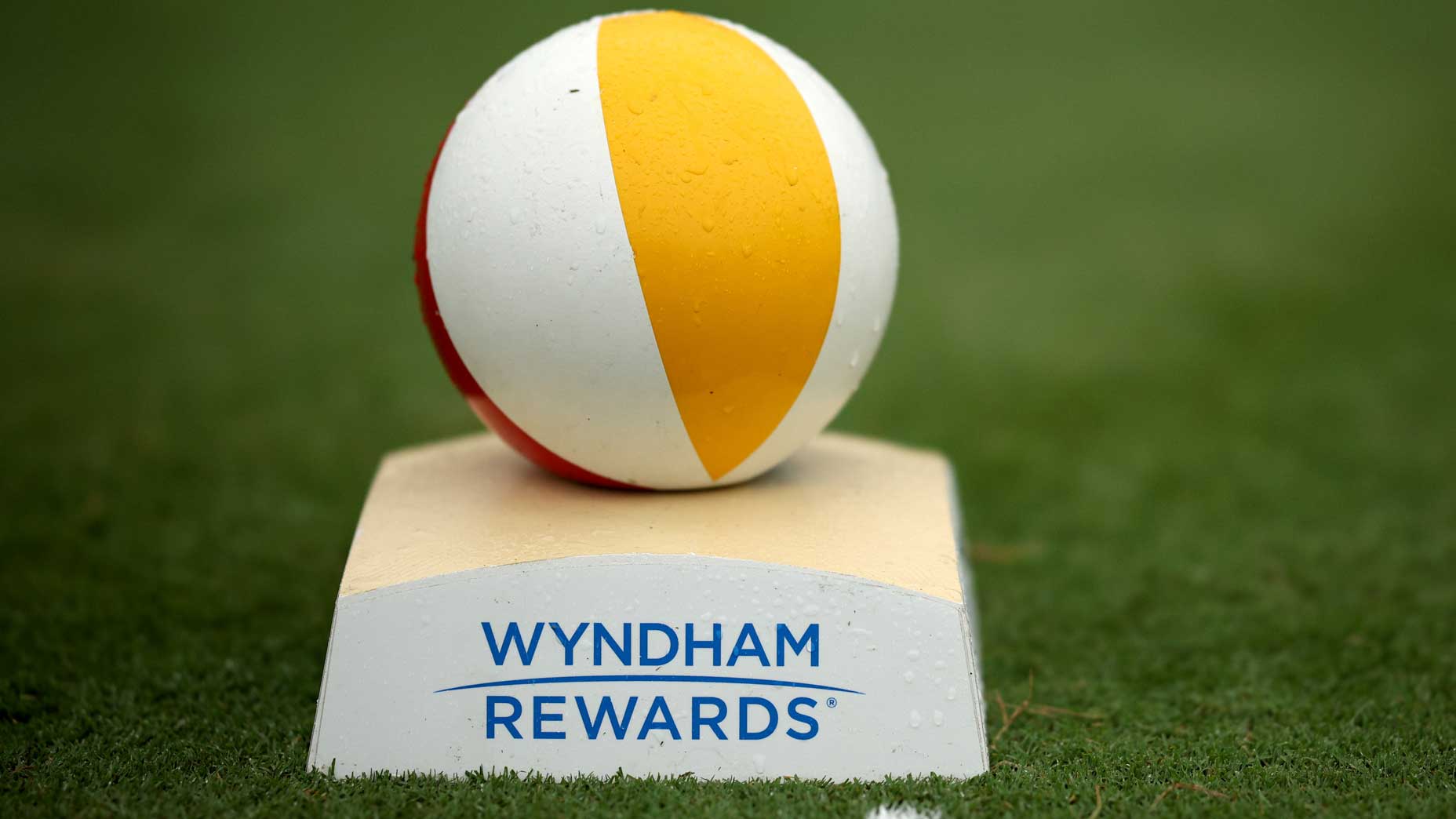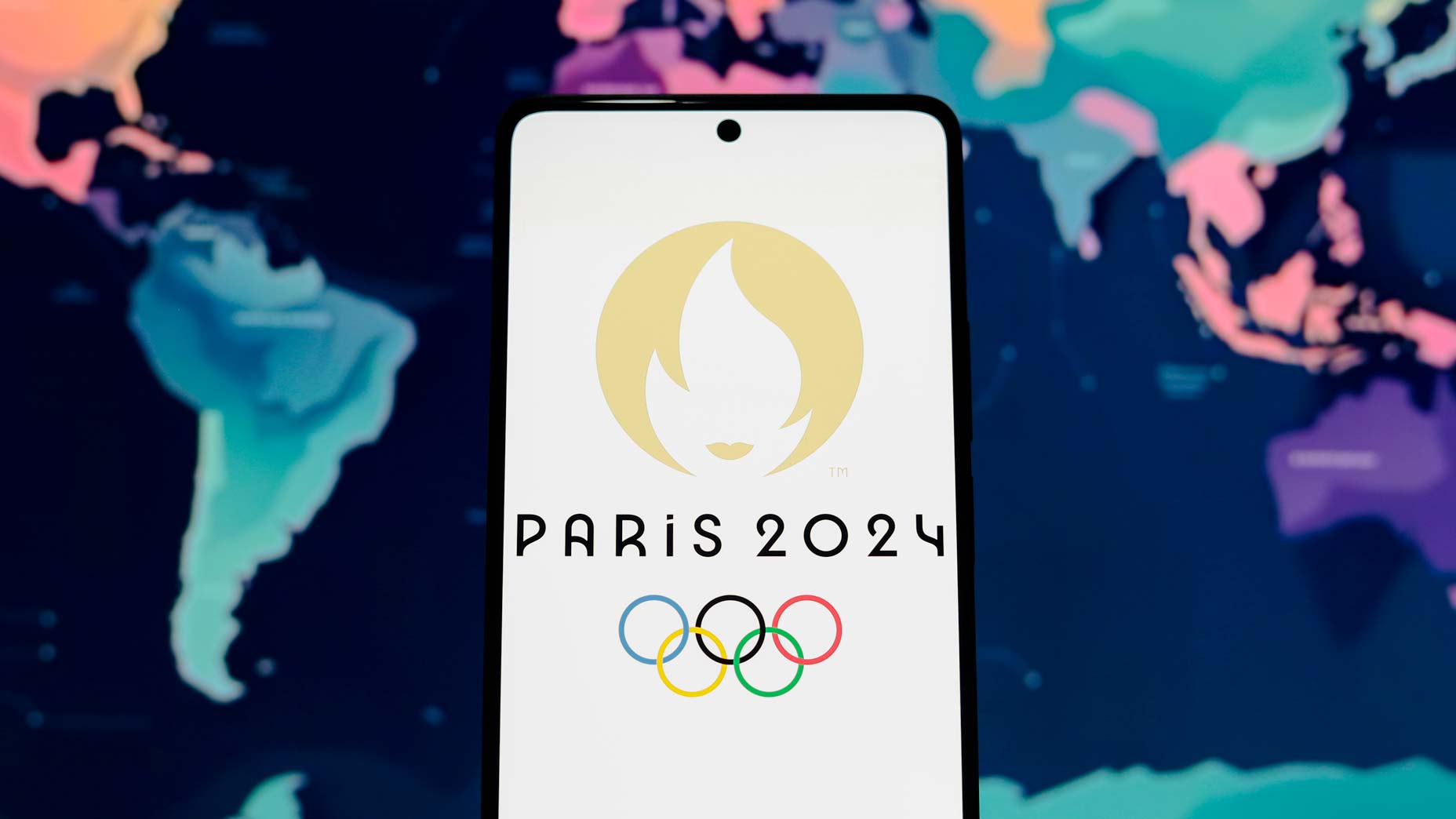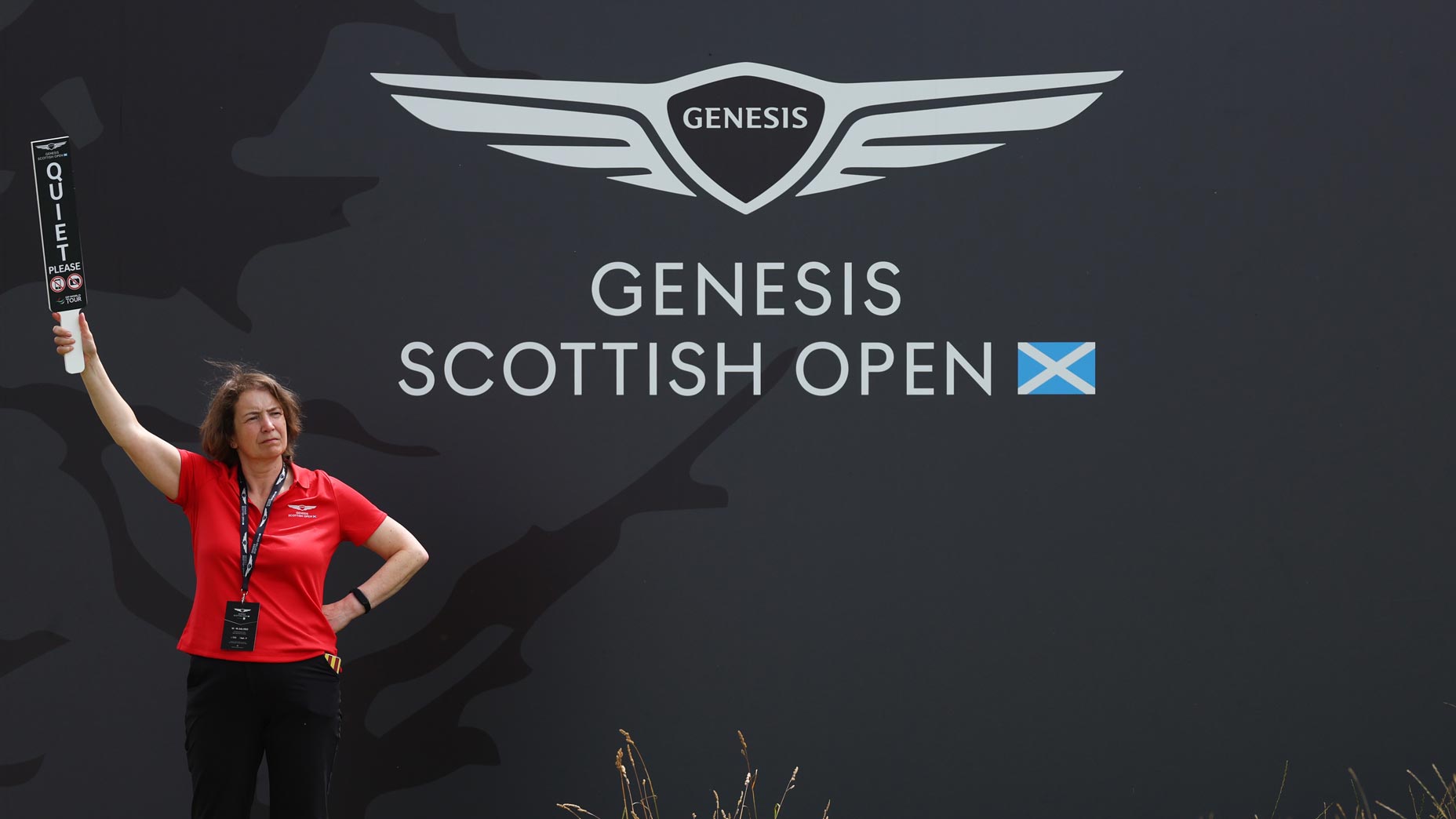SOUTHAMPTON, N.Y. — Phil Mickelson played hockey on the 13th green at Shinnecock Hills on Saturday, and you’re tempted to say, “That’s just Phil being Phil.”
It’s that, and it’s more. That Happy Gilmore moment on the ski slope front of the 13th green was Mickelson pushing the rules of golf to their absolute limit, and you could say beyond. The USGA rules officials were generous, as they have been in that situation in the past. Mickelson was given a two-shot penalty. Other officials, in a more severe era or in a different mood, could have disqualified him. They could have made the argument that Mickelson was willfully breaking the rules. From his post-round comments, Mickelson implied that he was applying the rules.
“I don’t mean any disrespect,” Mickelson said after his round. If he was embarrassed at all, there was no sign of it in word or deed. “If that’s the way people took it, I apologize to them. I took the two-shot penalty and moved on.”
He said it was something he had thought about doing before, this taking of a two-shot penalty for hitting a moving ball instead of letting it come to rest in some inconvenient place. But it’s hard to imagine him doing it at Augusta National during the Masters.
What all of golf saw on Saturday was Phil Mickelson—on his 48th birthday, four over through 12 holes and being serenaded by song from scores of fans—calling attention to himself. This most unusual act of his long and truly remarkable career came on a week when he no longer had any chance to do the only thing in golf he still really needs to accomplish. And that, of course, is win his national championship. If he ever does, he’ll become the sixth person in the game to win the career grand slam.
He’ll turn 49 on the Sunday of next year’s U.S. Open at Pebble Beach, a course where his maternal grandfather was once a caddie, a course on which he has won four times.
The Saturday oddness will cause some to hyperventilate, but there has never been a long career that didn’t have a glitch in it. Still, it is hard to imagine Tiger Woods or Arnold Palmer or Jack Nicklaus or Ben Hogan or Curtis Strange ever doing anything like that. It was Strange who interviewed Mickelson when he emerged from the scorer’s room after roughly 20 minutes. The two-time Open winner was stone-faced.
You could say that this moment was Mickelson, winner of the 1990 U.S. Amateur who represented the USGA on two Walker Cup teams, taking the middle finger off his gloved hand and raising it high to the perfect sky of a fine June day.
That sounds harsh, and it is harsh, but Mickelson has a history with the USGA, and the USGA has a history with him. He has played in 27 U.S. Opens and has been the runner-up in six of them. One of those second-place finishes came in 2004, at Shinnecock Hills, when the USGA mismanaged the course conditions and several of the greens had virtually no grass on them. Mickelson would have reason to resent the USGA for how it watered and handled the greens that day.
Coming off the tee of the maxed-out par-3 into-the-wind 3rd hole at Merion on the Sunday of the 2013 U.S. Open, Mickelson saw Mike Davis, the USGA’s executive director, and said, “Two seventy-four? That’s terrible. Can’t even reach it.” He was describing an almost unreachable par-3, at 274 yards.
Within a year of that Open, the USGA offered Mickelson its highest annual honor, the Bob Jones Award, previously won by Jack Nicklaus, Ben Hogan and Francis Ouimet. Mickelson declined. His stated reason was that, in his mid-40s and still trying to win the U.S. Open, the timing was not right. Still, it was an extraordinary rejection of one of golf’s great honors.
Mickelson likes to push buttons and test limits. It’s part of his appeal to some and it annoys others. He would have made an excellent criminal defense lawyer. In 2010, Mickelson briefly used on Tour a 1990 Ping Eye 2 wedge with grooves with more volume than the USGA currently allows. Mickelson argued, accurately, that the club he had been given an exemption, as a term of a suit filed by Ping against the USGA. Still, Scott McCarron, among other players, contended that Mickelson was violating the spirit of the rules. Mickelson, possibly the greatest wedge player in the game’s history, was really voicing his displeasure with the USGA.
Some will argue—Phil Mickelson will argue—that he was trying to use the rules to his advantage. This is ridiculous on a number of different levels. First of all, he made a 10 on the hole, with the two-shot penalty. He had an 18-footer for bogey on the par-4 hole. Had that fifth shot rolled all the way off the green he likely would have pitched it or chipped it to some safe place (sixth shot) and taken one or two putts. Nobody wants to make an 8, but it’s two better than 10.
Some have argued, and it’s a sound argument, that Mickelson should have been disqualified, for willfully violating the rules. But there is precedent for what Mickelson did. John Daly, at the 1999 U.S. Open at Pinehurst, did the same thing—though he was acting out of frustration—and was not disqualified.
Mickelson is sponsored by Workday. Workday is a prominent advertiser on Fox Sports’ coverage of the U.S. Open. The Fox commentators found themselves discussing this odd, odd act. There are a thousand things you could say about it, but this is the simplest.
The starting point of golf’s rules is this: play the ball as it lies. The rest is commentary. Mickelson didn’t do that. It wasn’t clever or cute or funny or smart. For a moment, he demeaned the game and revealed more of himself than he could have possibly intended. Phil is one of the greatest players in the history of the game, but for a moment he acted like a spoiled child.






